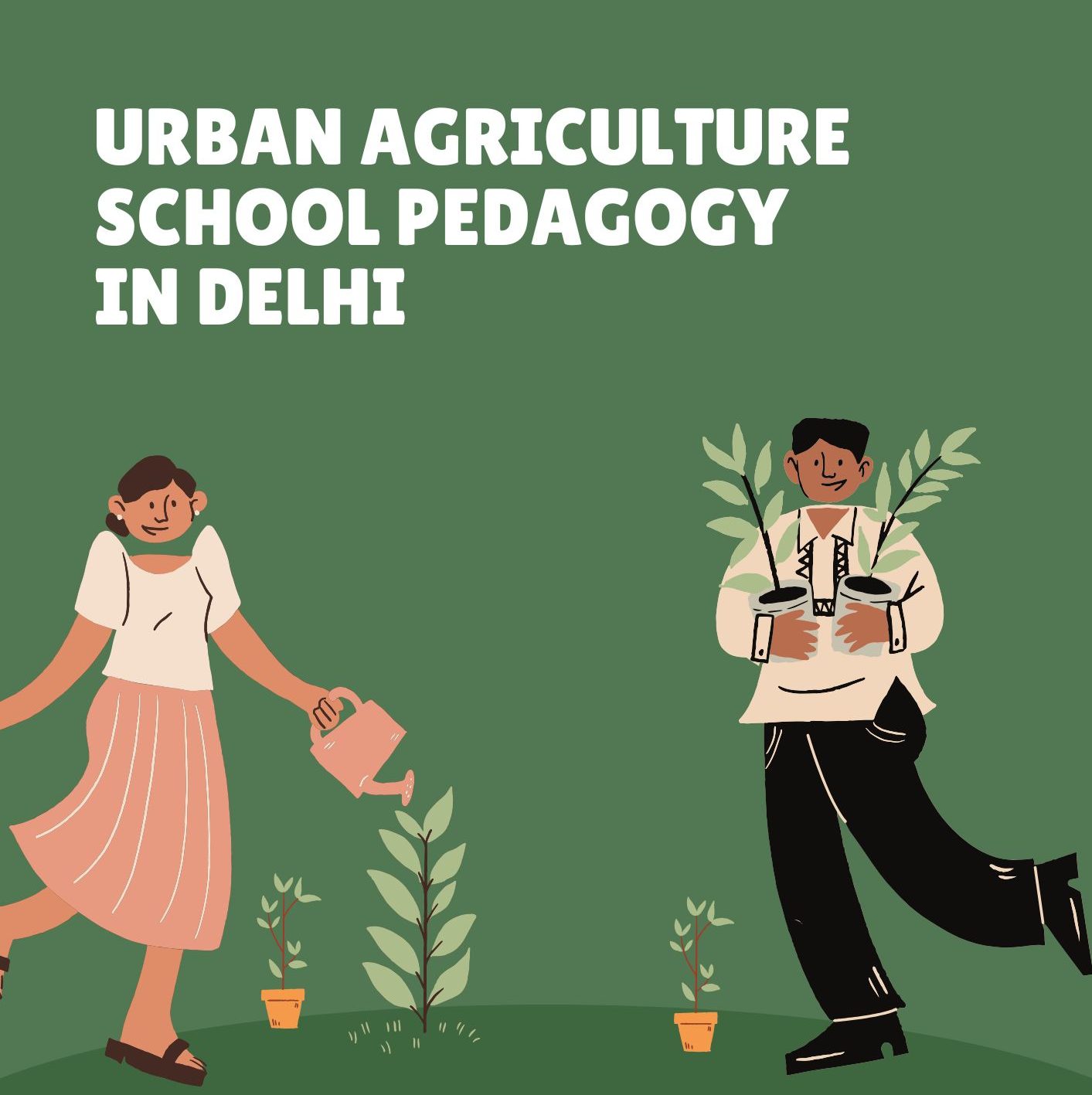A report by UN-HABITAT predicts that the number of city dwellers will increase by an average of 29 million annually. Delhi is also expanding rapidly with an annual growth rate of over 2 per cent and currently stands at 35 million. Against this backdrop, the food demands in Delhi – which sources 90% of its food from neighbouring states including Uttar Pradesh, Punjab and Haryana – has increased. In this regard, urban agriculture has become a critical area in addressing food insecurity as an industry that grows, processes, and distributes a variety of food and non-food products within or on the fringe of a town, city, or metropolis. It offers a plethora of benefits, including cheaper food and a wider variety of nutritious foods. Recognising and incorporating urban and peri-urban agriculture into the process of urban planning has positive repercussions for public health, energy and water conservation, and food security as well.
In this context, the People’s Resource Centre initiated the “Workshops with Schools” program to raise awareness among students and teachers about urban sustainability, the food they eat, its origin, and the potential benefits of creating local food systems. Additionally, the program seeks to provide students with knowledge and experiential learning opportunities to aid their educational development.
Report Prepared by Sidhant Kumar & Aishani Puri.

